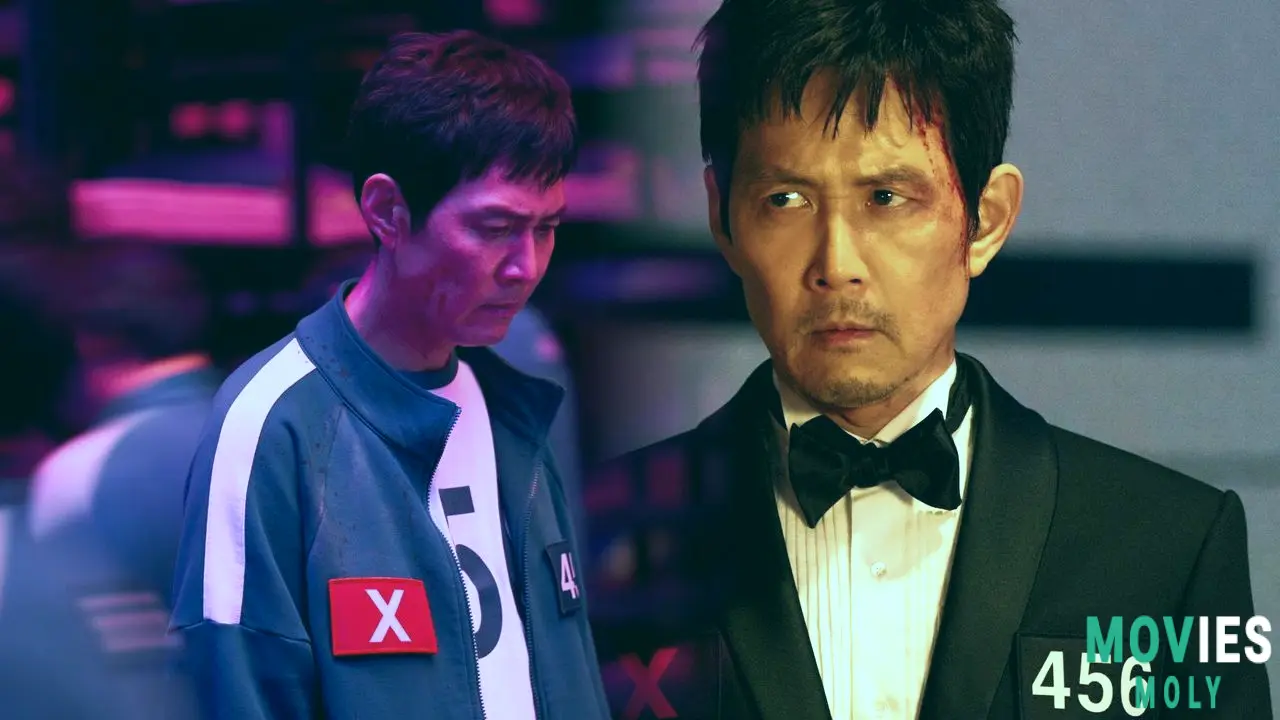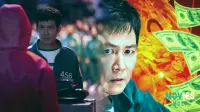In season 3 of Squid Game, saying farewell to Gi-hun was more personal than I had expected. Lee Jung-jae's shift from impoverished gambler to sacrificial hero has been one of television's most remarkable makeovers. What stands out to me is not only his Emmy-winning performance, but how he grounded an entire cultural phenomenon in the sensitive humanity of a guy fighting to restore his dignity. As the Netflix blockbuster approaches its sad climax, Lee tells us how that bittersweet finale distilled everything that made Gi-hun remarkable.
Gi-hun's crushing evolution left Lee wrestling with his identity.The Transition From Chaotic Survivor To Weary Revolutionary.
Reflecting on Gi-hun's growth, Lee noted how difficult the character's hardening emotional terrain became:
"In Season 1, Gi-hun's emotions fluctuated dramatically. He'd cheat someone during the marble game, feel the remorse, and then turn completely for the next task." Early Gi-hun's raw yearning sprang from emotional whiplash. However, season 3 requires someone altogether different: a man who has suppressed his impulsive outrage beneath layers of suffering. As Gi-hun became more focused on ending the games, Lee struggled: "Instead of displaying multiple aspects of himself, he became this set, determined force. "How can I keep the audience engaged?"
The last arc is marked by a strong sense of tension. Gi-hun's gallows humor bursts are gone; instead, we see bone-deep tiredness as he hunts Dae-ho through that hellish hide-and-seek phase. Lee expertly portrays the character's deterioration, letting his unresolved guilt over Jung-bae's death materialize in that frightening moment when he whispers "Everything is my fault" – a sentiment worlds apart from brash Player 456.
That heart-stopping Sae-byeok vision was more than just fan service.
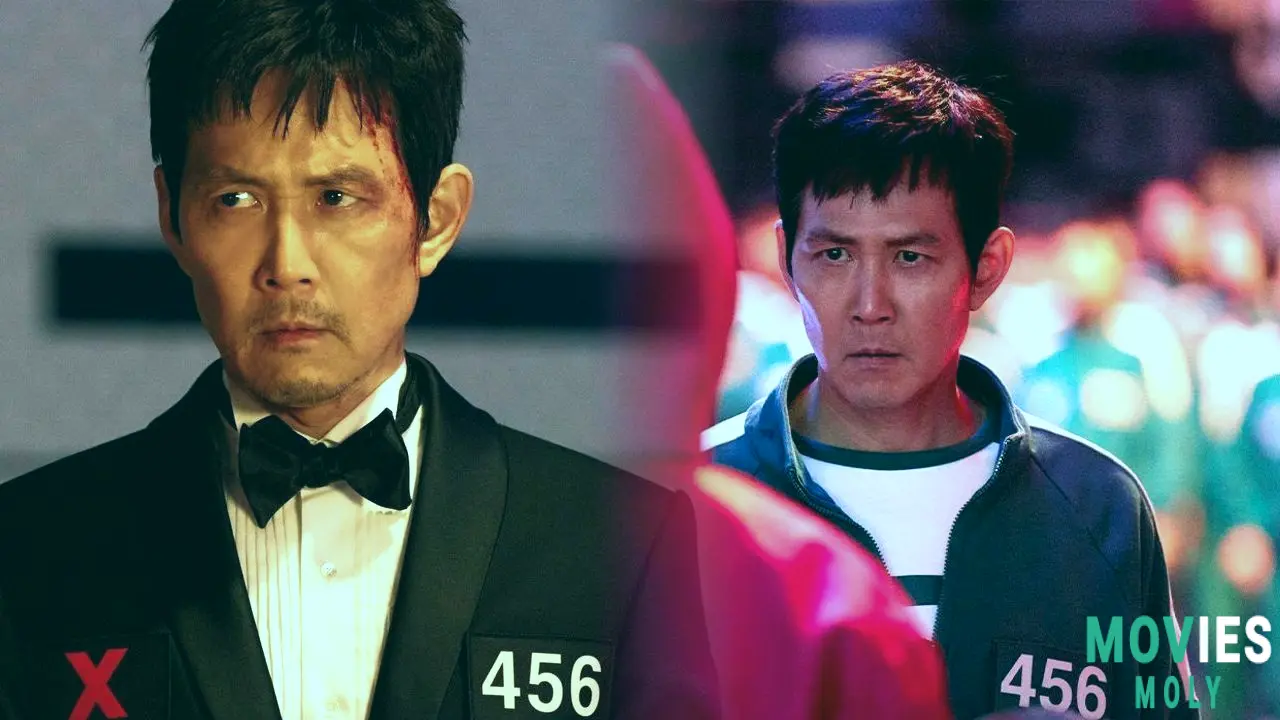
A Ghost of Gi-hun's Moral Compass Resurfaces.
In season 3, Jung Ho-yeon's fan favorite Sae-byeok reappears as an angelic hallucination, which at first felt like pure sentimental catharsis. But Lee helped me grasp the deeper thematic necessity:
"Do not do it. "You are not that kind of person." That sentence, "Pulling Gi-hun back from murdering fellow contestants," echoes her season 1 warning. Crucially, Lee emphasized how Sae-byeok's ghost represented Gi-hun's nearly destroyed conscience battling The Front Man's corrosive nihilism. Her appearance prompts Gi-hun to recall who he was before the games shattered him: the defiant protector who pledged to reunite her with her brother.
And here's what I find profound: her reappearance directly leads to Gi-hun's ultimate redemptive gesture for Jun-hee's baby. Protecting the infant becomes a real way for him to respect Sae-byeok's beliefs while rejecting the system that killed her. Lee beautifully explained how her imagined presence brought him back to his primary belief: humanity's worth is greater than survival at any cost.
The Baby That Changed Everything. Was not in Lee's original vision.
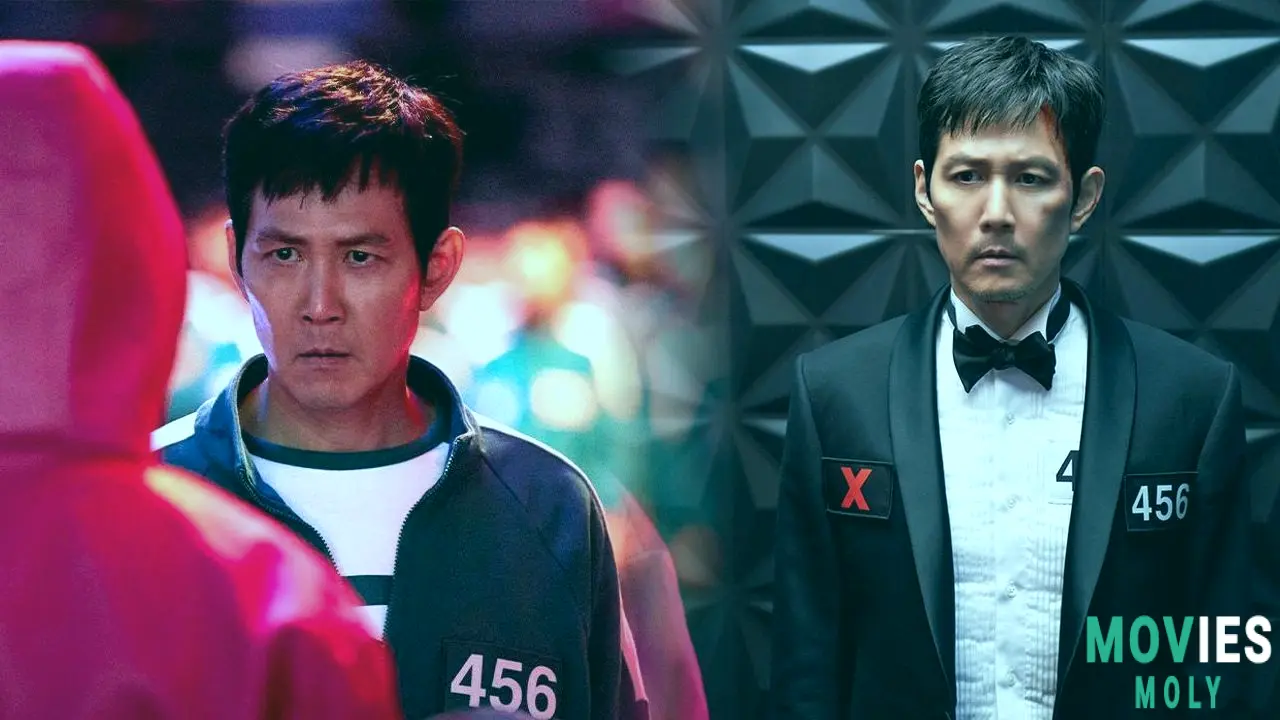
How an unexpected birth became Gi-hun's catalyst.
Nothing struck Lee more when he read the season 3 script than the baby's horrific birth in the middle of the game. "I was stunned," he said. "Using a literal newborn to symbolize contested innocence was Hwang Dong-hyuk's masterstroke." The juxtaposition of pampered VIPs praising the infant as "delicious new entertainment" and Gi-hun's frantic sensitivity established the season's moral axis.
What heightened those pictures was the remarkable realism Lee described: "They constructed a mechanical infant with realistic birth weight and motions. Its delicate expressions served to physically anchor Gi-hun's paternal instincts. For Lee, this atypical co-star crystallized Gi-hun's most powerful motivation:
"The players selected the games. That infant didn't. Protecting her became Gi-hun's stubborn reaction to the VIPs' dehumanization. Every delicate sway and muttered reassurance Gi-hun gave that newborn echoed his failings with his own daughter, serving as a heartbreaking reminder that he will not make similar mistakes again, even if it means his death.
The Exquisite Pain Of Acting With His Betrayer
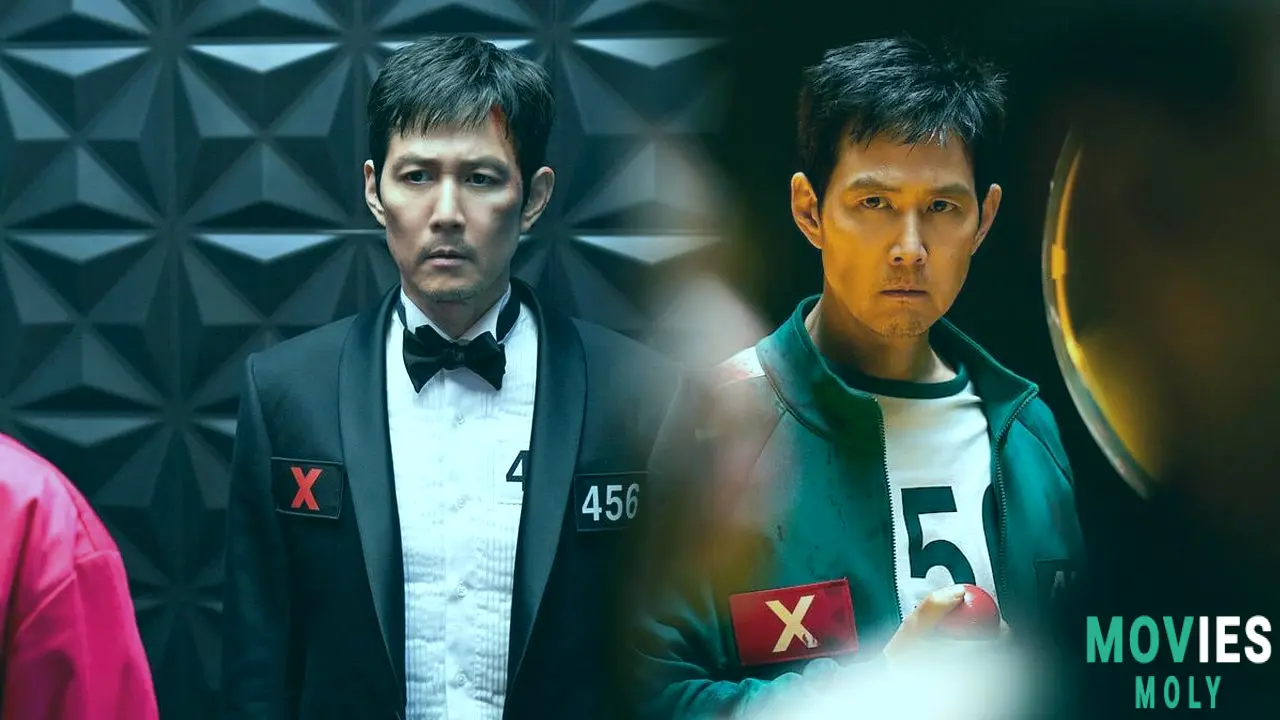
Lee & Lee: The Fiery Psychology Behind Their Epic Showdown
The scene in which The Front Man (Lee Byung-hun) reveals himself as Gi-hun's erstwhile buddy In-ho remains a jaw-dropping acting battle. Lee Jung-jae explained to us just why:
"Discovering In-ho murdered Jung-bae ignited the purest rage I've ever played." Lee expressed that emotional rupture so viscerally that I flinched as I watched his trembling fury—a shattered man understanding his grief had been twisted like another cruel game. But what Lee Byung-hun said next adds incredible levels to their confrontation: "When In-ho offers Gi-hun the knife to kill sleeping players, he's testing Gi-hun's morality while unconsciously hoping he'll fail." The actors' intricate tension—one begging to prove humanity's fundamental goodness, the other longing for affirmation of his cynicism—makes their moments agonizingly close.
What concerns me the most is the final scene in which In-ho nearly wills Gi-hun to act violently, mirroring a decision he once made for himself. That Gi-hun sacrifices himself, denying In-ho triumph and validation? It represents the ultimate rejection of their crooked system.
The Silent Scream That Shattered the Game
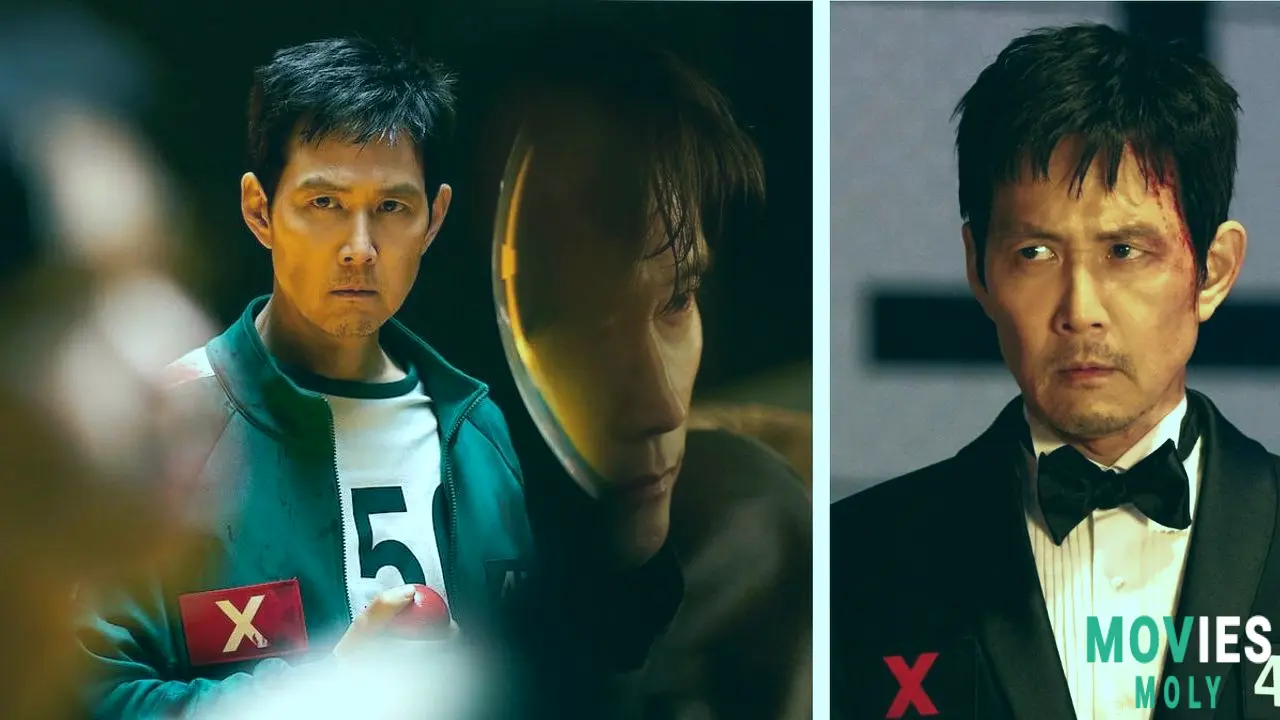
Why Gi-hun's Unfinished Sentence Was Hwang Dong-hyuk's Boldest Move
Gi-hun's closing actions confused me at first: sacrificing himself for the infant while criticizing the VIPs with an incomplete declaration: "Humans are…". Why let that thought hang? Lee recalled Hwang Dong-hyuk's severe struggle with Gi-hun's final remarks before arriving to radical truth:
"We wrote numerous choices, but none felt adequate. "Our complex anguish could not be expressed in words." We don't need Gi-hun to finish that phrase after witnessing his entire journey: Win Gganbu's kindness, Sae-byeok's friendship, Jun-hee's sacrifice, and Jung-bae's love. Regardless of the horrors he has witnessed, his acts say volumes: humanity are worth dying for.
What raises this choice beyond emotion is its condemnation of the VIPs' voyeurism. Gi-hun denies them closure and his soul. His silence in front of the darkened VIP box forces us to envision the numerous times he defied the crowd's brutality. Lee poignantly remarked that "living without shame matters more than winning." That infant rising into sunshine is more than simply an optimistic symbol; she is Gi-hun's defiant commitment to an unblemished future that he will never witness.
The whole journey of Gi-hun's devastating sacrifice is now available on Netflix. Lee Jung-jae's performance in Squid Game's three seasons redefines heroic vulnerability — and I'll never forget the hushed thunder in that final act of love.

